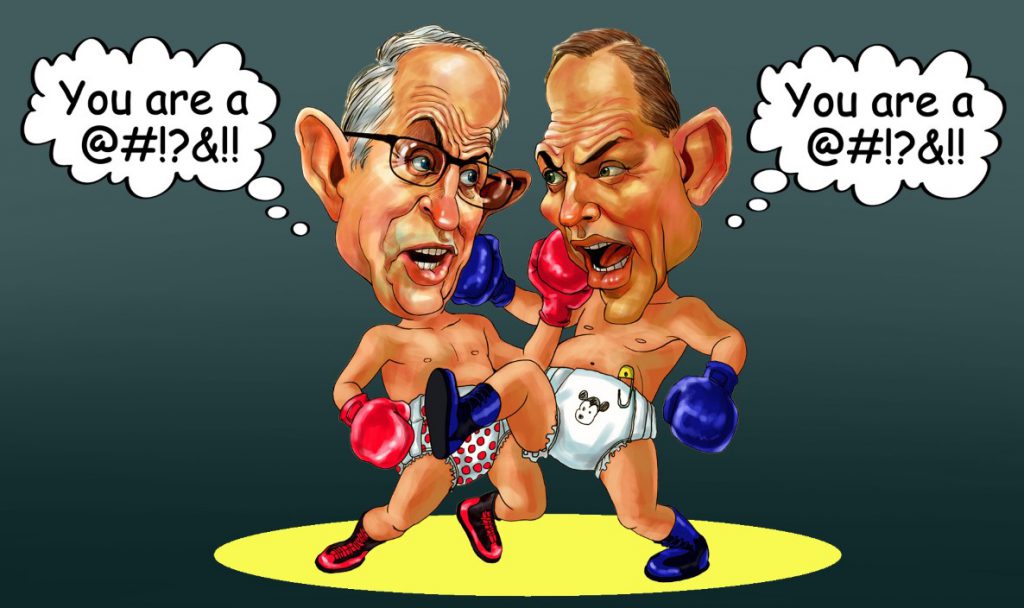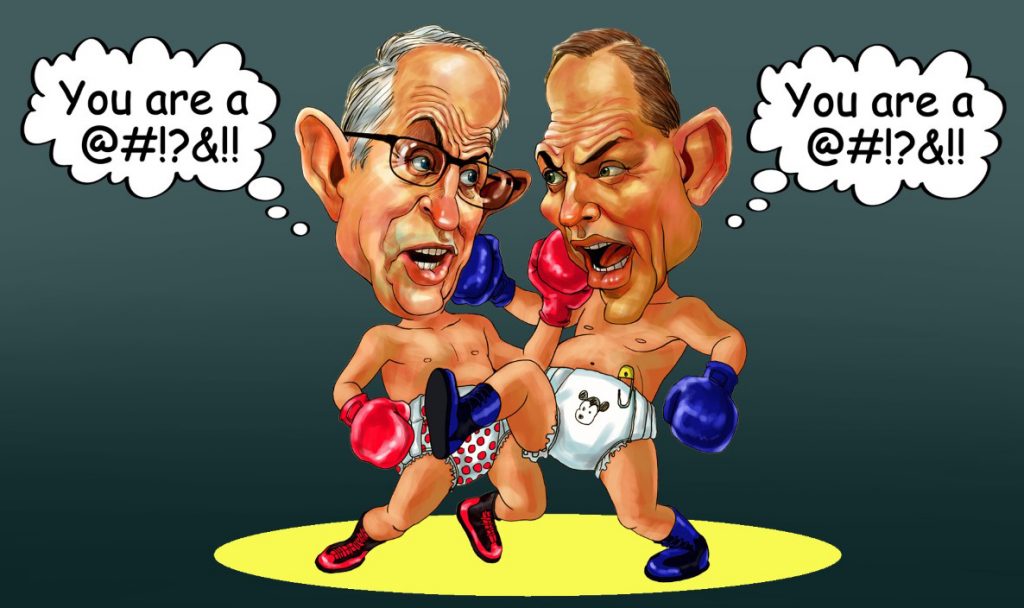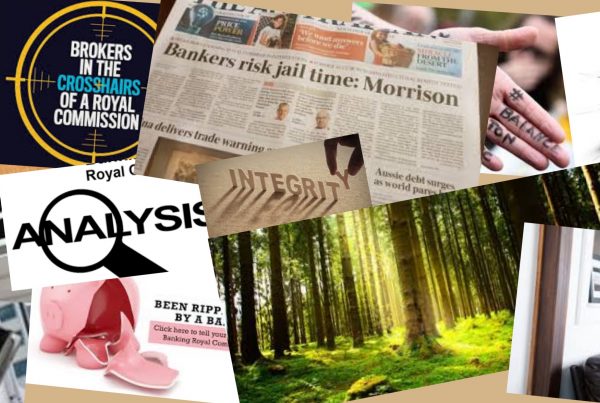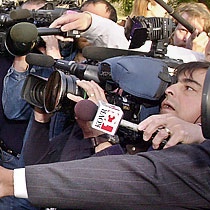Last week we witnessed the unedifying spectacle of Turnbull and Abbott going hammer and tongs at each other, with media commentary emphasising their mutual hate. And then Shorten egging them on.
It comes on the back of months of Trump spouting hate and division.
This is a major issue for public relations people, as we are the experts on the impact of this within communities. So PR people should speak out – ‘It is not OK. Behave!’
We’ve written in the past about how our politicians misbehaving permeate our culture. At that time, we were describing the venomous relationship between Rudd and Gillard, as well as the divisive one-liners by Tony Abbott as opposition leader.
More recently, Pauline Hanson’s hate-rhetoric again gives license to a whole sector of Australia – popularly called ‘red-necks’ – to spout hate sentiments.
Sensitivity about what we say and the way we behave impacts the kind of society we will become. The very term ‘politically correct’ reminds us that the Turnbull/Abbott dummy-spit, and Trump/Hanson’s intolerance, are wrong.
Public Relations: The impact of Hate
What effect does this behaviour actually have on a culture?
In the weekend New York Times, Katherine Kinzler wrote about ‘How Kids Learn Prejudice.’
“At the second presidential debate, Hillary Clinton talked about the ‘Trump effect,’ a rise — anecdotally, at least — in bullying in schools. Are children adopting the negative attitudes that Donald J. Trump’s campaign has too often promoted?”
Kinzler answers, yes, that past research suggests that a ‘Trump effect’ on children is probably real; that children are cultural sponges, picking up attitudes of the adults around them (or on TV). After all, she says, a major purpose of childhood is figuring out how to get along in an adult society.
In another article in the magazine, Slate, titled ‘There’s a Lot of Fear’, Dana Goldstein writes:
“In April, SPLC (Southern Poverty Law Center) released a survey of 2,000 K–12 teachers. More than half of them responded “yes” when asked whether they had heard “an increase in uncivil political discourse at [their] school since the 2016 presidential campaign began.”
“Two-thirds of the surveyed teachers agreed with the statement, “My students have expressed concern about what might happen to them or their families after the election.” One-third observed an increase in anti-Muslim or anti-immigrant sentiment.”
And it seems we can’t even say that all this negativity is balanced out by other, good politicians. People remember bad behaviour better. As Katherine Kinzler, wrote in the NYT (and it’s common sense), people remember bad things longer than good things.
“Talking about entire groups of people as being threatening or dangerous, as Mr. Trump has done, is precisely the kind of language that children are likely to internalize.”
So who, if not PR people, are going to pull these errant politicians into line. In the corporate or the not-for-profit worlds if a CEO acted like Turnbull/Abbott or Trump/Hanson, their PR folks might snigger at a single transgression, but if it was repeated advise “Get a grip!” knowing that the community would reject the behaviour.
And the community does reject it. In rural NSW a proposed mine was led by an abrasive CEO and was loudly opposed. Our client bought the mine and the new CEO has acted civilly and empathetically to community concerns and has received in return a warm response. Again, it’s common sense; similarly, if you have a nasty neighbour you’ll respond in kind.
Public Relations: The Impact of Being Positive
And Dana Goldstein in Slate emphasises why PR people should condemn bad behaviour in politicians, sending them to the naughty corner.
“Many teachers who participated in the SPLC survey reported that students were confused as to why Trump was getting away with behavior and language that would get a child into trouble at school. One teacher wrote, “I don’t know what to say to these comments other than that in my classroom such things are not going to be tolerated, and if they continue, they are going to be sent to the (principal’s) office.”
There’s community pressure on us PR folks, and there should be, to ensure CEOs in the corporate world empathise with a myriad of minority groups, indigenous, race and religious minorities, the LGBTI community, people with a disability, and more.
There should be similar pressure for PR folk to stop politicians behaving badly, or at least call it out and condemn it when they see it.
The alternative to this negativity is a strong vision; it gives people hope, for jobs and prosperity. A strong vision will trump bad behaviour, every time.






